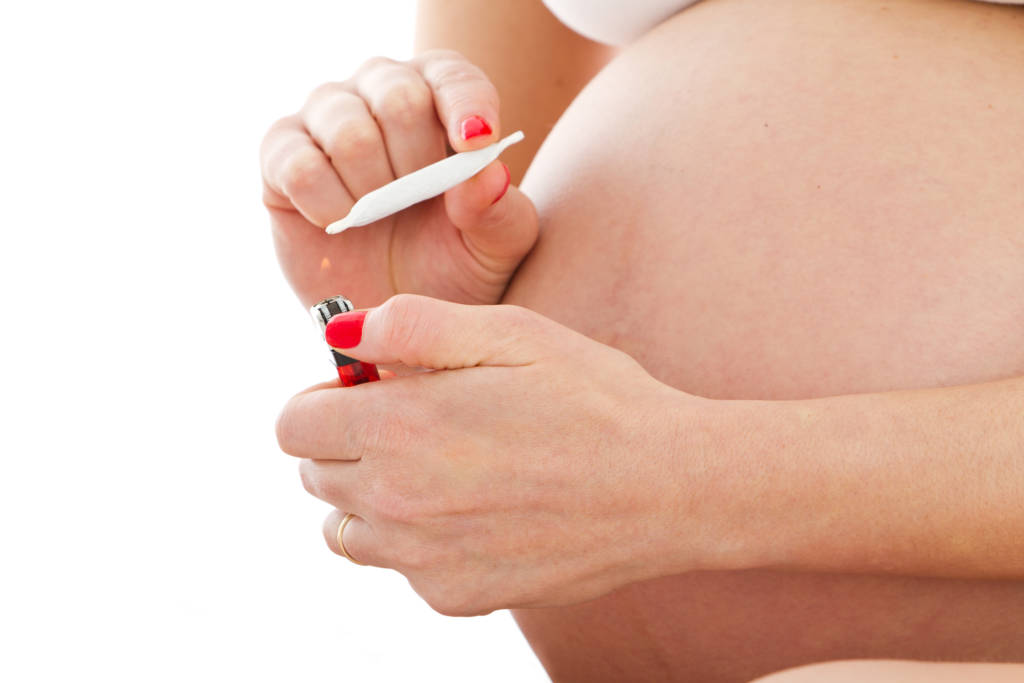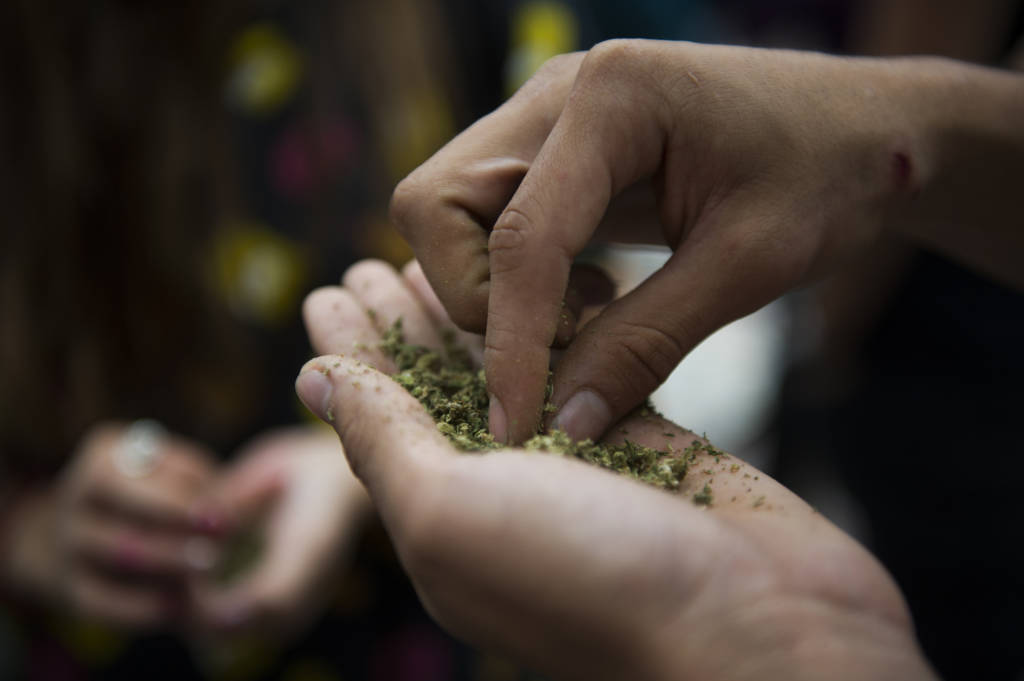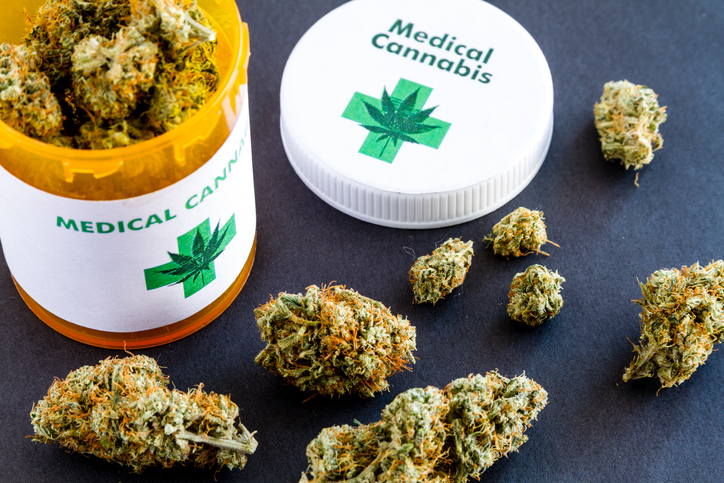Alcohol produces highly toxic chemicals, which makes it difficult for your body to break them down easily. These chemicals trigger inflammation and destroy liver cells, creating scars on your liver (cirrhosis), which interfere with its function. Once you have cirrhosis, the damage is irreversible, which leads to alcoholic liver disease, ultimately resulting in liver damage, and putting you at risk for alcoholic hepatitis.
Unfortunately many people that have drinking problems also have problems with malnourishment, they don’t eat well and only drink, which prevents your body from getting the proper nourishment it needs. Lack of nutrients also contributes to liver cell damage.
Risk Factors
The biggest risk factor is excessive drinking. If you drink more than 3.4 ounces, or the equivalent to 7 glasses of wine, 7 beers, or 7 shots of tequila daily for at least 20 years, then you’re in trouble.
Women have a higher risk for developing alcoholic hepatitis and if you’re obese then that increases your risk. African-Americans and Hispanics are at a higher risk–Hispanics for example are more prone to heavy drinking due to social factors. The best way to prevent alcoholic hepatitis is to quit drinking and lead a healthy lifestyle. If you suffer from an alcohol addiction, get help.
SAMHSA is the Substance Abuse and Mental Health Services Administration, which offers resources to those needing help with alcohol abuse.






